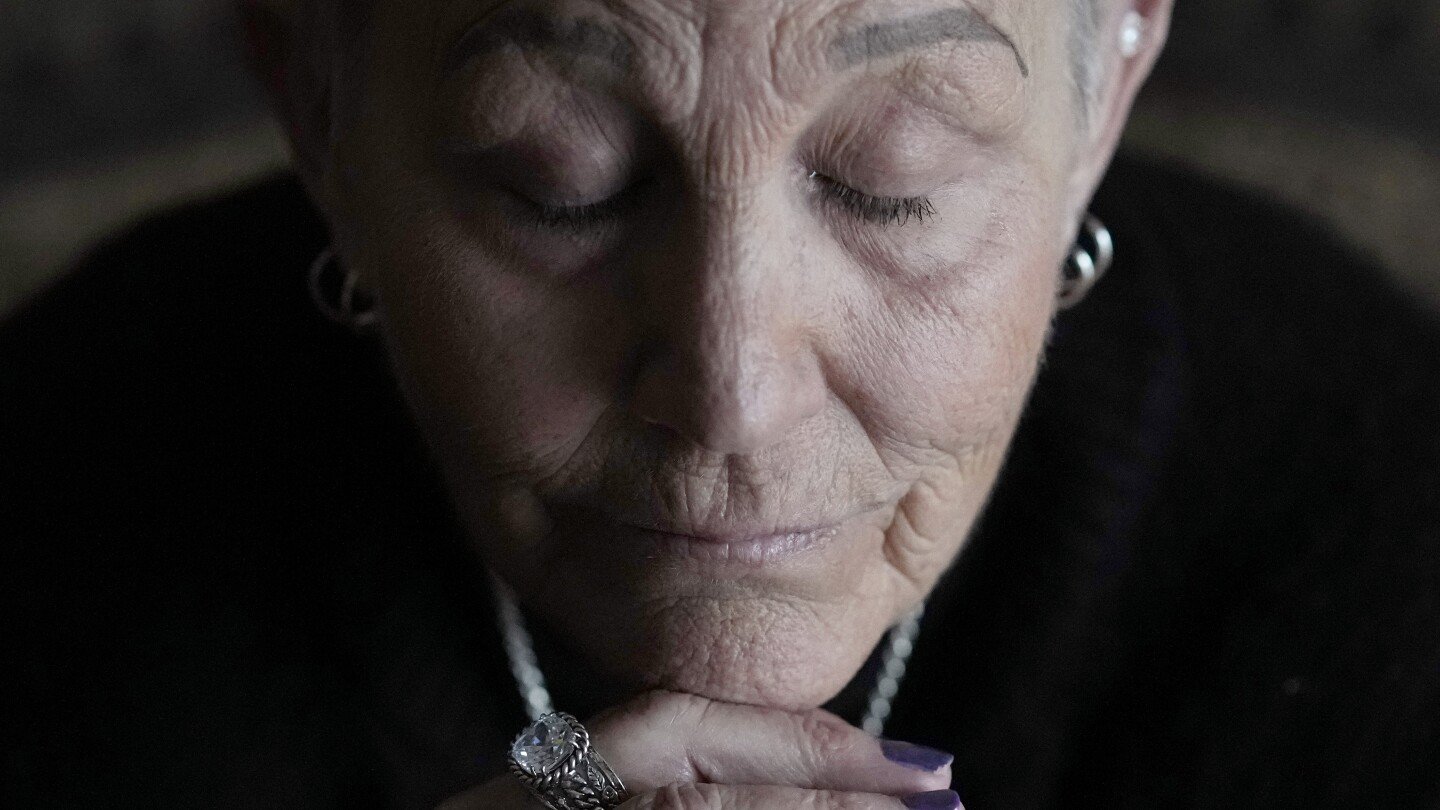On a brisk day at a restaurant outside Chicago, Deb Robertson sat with her teenage grandson to talk about her death.
She’ll probably miss his high school graduation. She declined the extended warranty on her car. Sometimes she wonders who will be at her funeral.
Those things don’t frighten her much. The 65-year-old didn’t cry when she learned two months ago that the cancerous tumors in her liver were spreading, portending a tormented death.
But later, she received a call. A bill moving through the Illinois Legislature to allow certain terminally ill patients to end their own lives with a doctor’s help had made progress.
Then she cried.
“Medical-aid in dying is not me choosing to die,” she says she told her 17-year-old grandson. “I am going to die. But it is my way of having a little bit more control over what it looks like in the end.”
That same conversation is happening beside hospital beds and around dinner tables across the country, as Americans who are nearing life’s end negotiate the terms with themselves, their families and, now, state lawmakers.



But what about the pharmaceutical company shareholders? Don’t they get any say in how long we need their products? Yes one person might be in terrible pain for years, but at least twelve people will make a lot of money.
Making suicide profitable surely won’t have any kind of twisted dystopian effects on companies…
With how much they can charge for every individual comfort, suicide will never be more profitable than suffering. It it was, we wouldn’t be having these debates.
It doesn’t have to be the most profitable in all scenarios to be an optimization aspect of business to cheapen services and increase fees. Long-term care has long-term costs, if it is cheaper to push somebody to suicide, there will be economical vectors that seek to exploit the opening for profit.